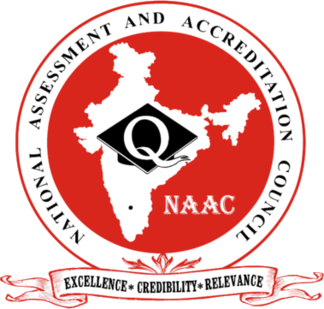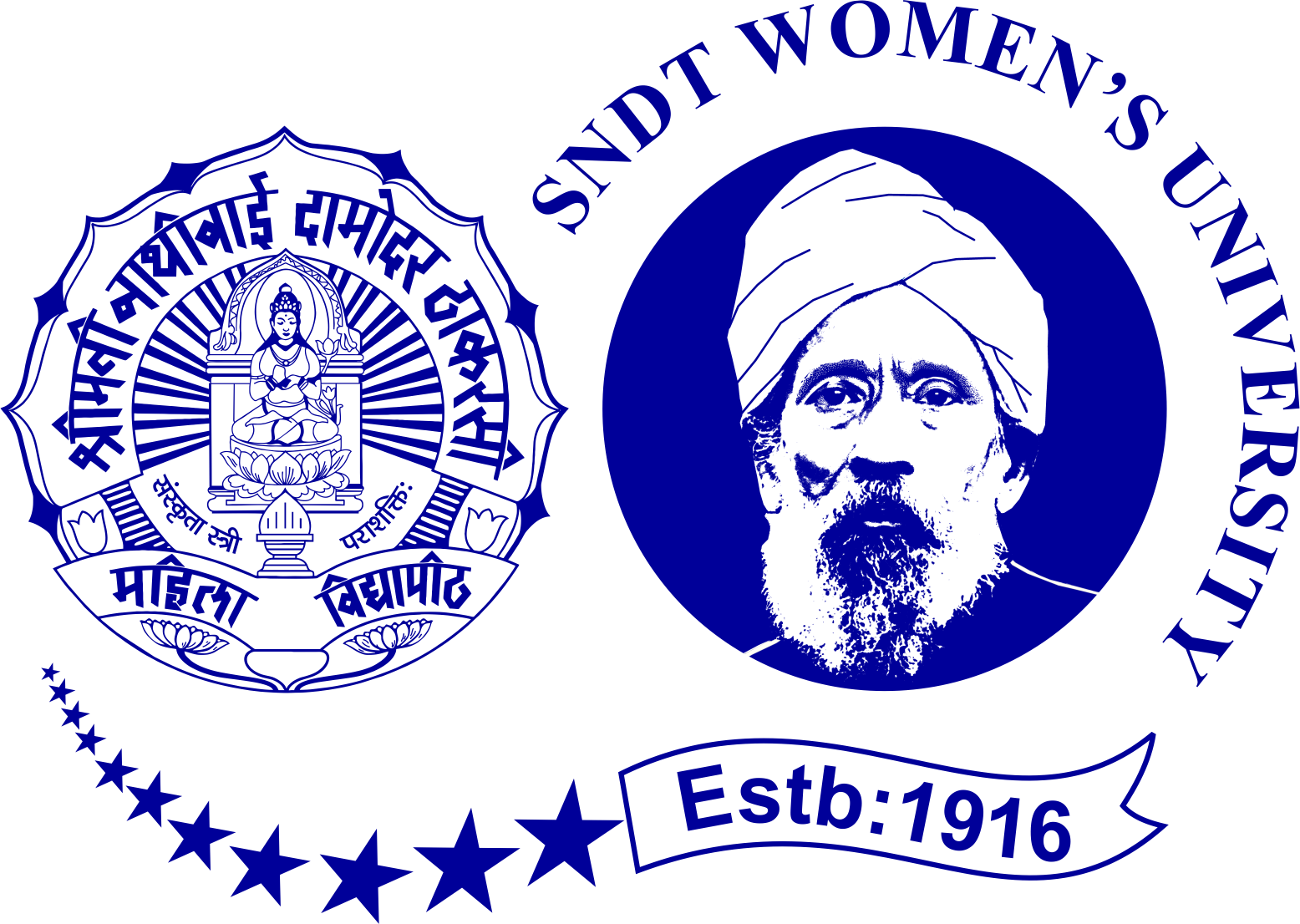Course Outcomes (FN)
Bachelor of Arts
PROGRAMME OUTCOME
BA course provides an education in variety of contexts. BA aims to offer education that is accessible to students with a wide range of educational backgrounds and professional and personal circumstances. This course offers a rich variety of subjects and helps to understand how cultural, historical, geographical, political, linguistic, and environmental forces shape the world and recognize the role of the individual within communities to effect change. The course also incorporates a variety of modes of learning and teaching.
Cognitive skills: In the three-year duration, students will cultivate the sensibility to discern the evolution of civilizations and cultures. They will also be up to date with contemporary developments and develop a sociological sensibility to critically understand the social phenomena that affects their lives. At the end of the programme, they usually will have advanced reading, writing, speaking, interpretive and composition skills.
Employability: On graduating, the students will be eligible for employment in social research, journalism, media, hospitality, and other industries. Students will also become employable in non-governmental organizations. Their skills in comprehension of general social phenomena around them place them in ideal situation for such jobs. They will also be able to appear for competitive examinations conducted for public sector jobs. The general humanities education equips them to clear competitive exams.
Values: Humanities education is designed in such a way that it lays particular emphasis on human values. Students on completion of the undergraduate degree will be better able to appreciate the literary and cultural diversity. It equips them to think critically about the issues of contemporary relevance and hold an informed opinion on them.
Programme specific outcome of Food Science and Nutrition Department
- Understand and appreciate the role of interdisciplinary sciences in the development and well-being of individuals, families and communities.
- Understand the importance of food and health to enhance the quality of life of people.
- Acquire professional and entrepreneurial skills for economic empowerment of self in particular, and community in general.
- Develop skills in food and nutrition and use it in the field of personal and community health.
- Take food science from the laboratory to the people.
Course outcomes
BA (HOME ECONOMICS)
Combined Applied Component (CAPC) with Specialization in
CULINARY SKILLS FOR ENTREPRENEURSHIP
SEMESTER I: BASIC FOOD SCIENCE
Outcomes: This course will enable the students
- To know the different terms, concepts, composition and classification of food.
- To understand factors that affect palatability and acceptability of food.
- To be familiar with different methods of cooking and equipment’s used.
- To be aware about importance of food sanitation and hygiene in daily practice.
SEMESTER I: PRACTICAL of BASIC FOOD SCIENCE
Outcome: This course will enable the students
- To understand the concept of weights, measures and serving sizes.
- To be familiar with use of various equipment / gadgets for cooking.
- To use pre-preparation and various culinary techniques.
SEMESTER II: BASIC NUTRITION
Outcome: This course will enable students to
- Understand the relationship between nutrition and health.
- Know the role of macronutrients and selected micronutrients.
- List the food sources of nutrients.
SEMESTER II: PRACTICAL IN BASIC NUTRITION
Outcome: this course will enable students
- To categorize food sources based on their nutrient content.
- To prepare select recipes and know the nutrients they are rich in.
- To know the food preparation methods that will conserve nutrients and/or enhance their bioavailability.
Note: This will be specified in the content analysis.
SEMESTER III: CUISINES OF INDIA
Outcome: The courses offered in this specialization will enable the students
- To know the different cuisines of India.
- To be familiar with preparations made in different regions.
- To understand the preparations made in different seasons and festivals.
- To be aware of differences in use of various spices and ingredients.
SEMESTER III: PRACTICAL of CUISINES OF INDIA
Outcome:
- To prepare various recipes of each type of cuisine.
SEMESTER IV: POPULAR INTRERNATIONAL CUISINES
Outcome: The courses offered in this specialization will enable the students
- To be familiar with popular international cuisines.
- To learn the basic techniques of culinary principles involved in preparation of international cuisines.
SEMESTER IV: PRACTICALS of POPULAR CUISINES
Outcome: To prepare various recipes of different type of cuisine.
SEMESTER V: FOOD PROCESSING AND PRESERVATION
Outcome: This course will enable the students
- To know perishability and storage of different foods.
- To understand the significance of processing and preservation of food.
- To be able to select processing / preservation technique for different foods.
- To be understand the role of food standards in ensuring food quality.
SEMESTER V: PRACTICAL of FOOD PRESERVATION AND PROCESSING
Outcome: This course will enable the students
- To prepare selected preserved food products.
SEMESTER VI: ENTREPRENEURSHIP AND EVENT MANAGEMENT
Outcome-This course will enable the students
- To understand the significance of entrepreneurship.
- To be familiar with the different resources needed to be a successful entrepreneur.
- To know the principles of event management during lifecycle-I.
PRACTICAL of ENTREPENEURSHIP AND EVENT MANAGEMENT
Outcome-This course will enable the students
- To gain an insight into entrepreneurship.
- To understand how to pan and execute an event.



